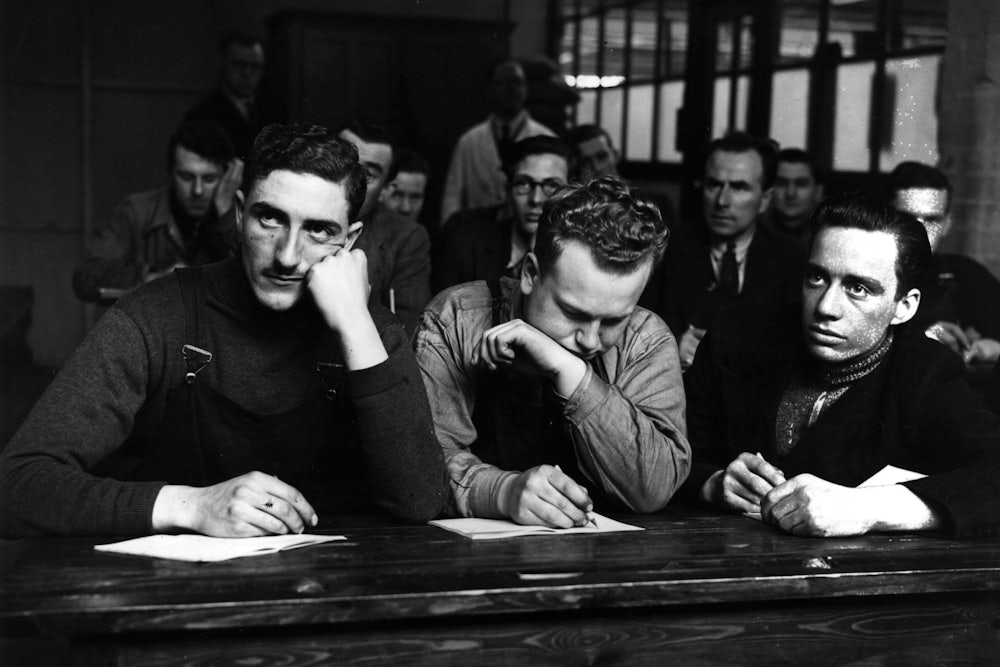Readers sent in these letters to the New Republic editor in response to a May 31, 1939 Heywood Broun column. In it, he questioned the artistic sincerity of John Steinbeck’s Grapes of Wrath, which you can read in full here.
Stuart Brent, from Chicago, Illinois:
SIR: Heywood Broun assails Steinbeck for being too obscene and too plainly outspoken in certain passages in his book Grapes of Wrath. Needless to say, numerous critics have also pointed out this commonplace, and to my mind, unnecessary fact. After all, why didn’t Broun write his little “precis” when he read Ulysses? What made him wait until 1939...to begin criticizing realistic literature? Don’t you think Mr. Broun’s little sermon was dated at least a quarter of a century? Had Broun failed to sign his name to the article I could have sworn it was written by a staff member of The Chicago Tribune and diabolically inserted into the pages of The New Republic.
It is simply astounding to think that the man who wrote the magnificent articles defending Sacco and Vanzetti, who fought with Roosevelt on the Supreme Court question, and who later broke with The Nation because in his own words it was “cluttered up with liberals who have been springing out of odd corners” could be the same man who wrote a thinly disguised criticism of realism.
A.G. Trent, from Flemington, New Jersey:
SIR: I never thought to live to see the day when I would come upon the banalities, “Of course I respect the complete integrity of Steinbeck’s artistic sincerity” and “I think The Grapes of Wrath is a novel of great significance” used as covering phrases in a column by Heywood Broun. It is the kind of device and they are the kind of phrases from which I feel Broun would have shrunk as from a scorpion’s sting a few years ago.
Maynard Watson, from Wauwatosa, Wisconsin:
SIR: May I refer your columnist, Mr. Heywood Broun, to page 214 of The Grapes of Wrath. There he will note that the phoniness he deplores results from his own careless reading. How otherwise could he maintain that the yarn of the “boy who owned the cow” was “presented as something springing right out of the anecdotage of the sharecroppers.” Transport drivers are not sharecroppers and their stories are more likely than not to originate in Manhattan. And since this “dirty little story” comes from their lips, Steinbeck did not intend it as a “native flower.” This error would scarcely be worth pointing out if Mr. Broun had not insisted on making such a major discovery of it in his May 31 column.
Richard Lake, from Butte, Montana:
SIR: I was damn disappointed in Heywood Broun when he began slinging faint praise at Steinbeck’s The Grapes of Wrath. He says he isn’t a literary critic, but I doubt if even one of that tin-tongued brotherhood could have done a better job of coldy comment. ...
